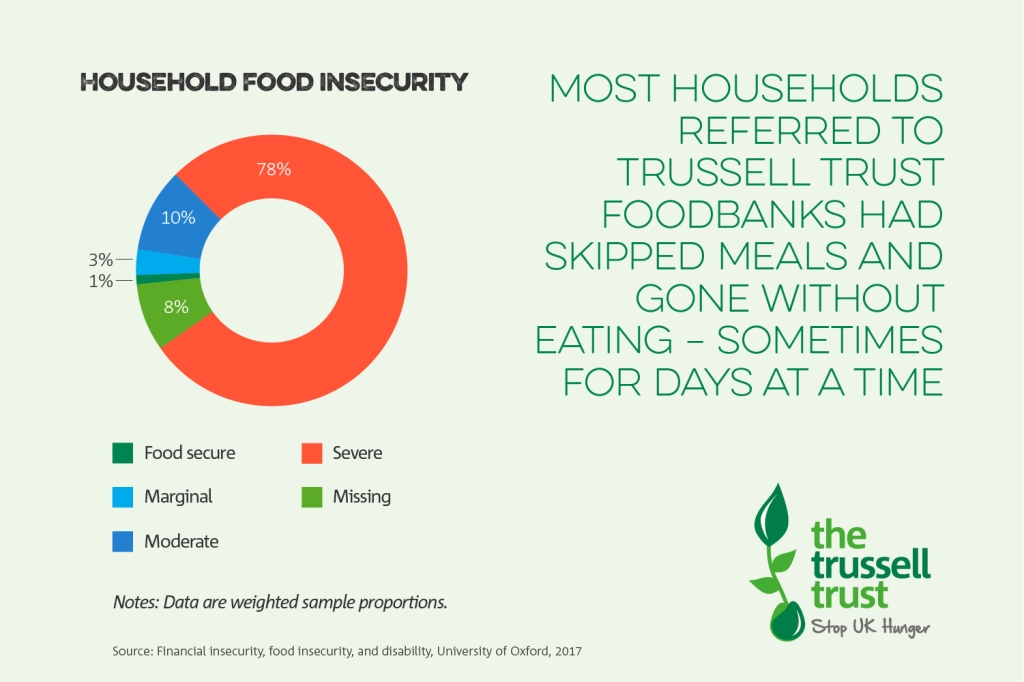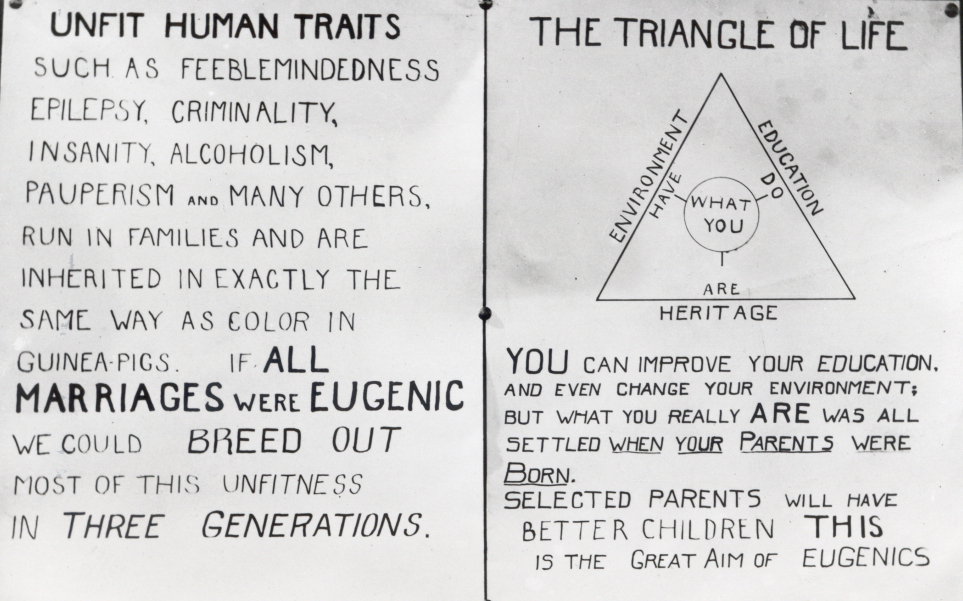Tories and their tall stories
The government have claimed over the last few successive years that the numbers of people in work has reached ‘record levels’. The Conservatives claim that work has ‘many benefits’. One of those claims, for example, is that “work is a health outcome”. So we should reasonably expect that the general health of the population has improved since around 2015, when the claimed employment ‘boom’ began, if the government’s claim were true.
However, that has certainly not happened. In fact public health has generally has got worse. In 2014, the government tried to claim that a substantial drop in food sales was because of ‘market competition’, rather than the growth in absolute poverty. Public spending in food stores fell for the first time on record in July of that year, which put the the UK’s alleged recovery in doubt. Such a worrying, unprecedented record fall in food sales indicated then that many citizens evidently had not felt the benefit of the so-called recovery.
It remains the case that what the government is telling us is nothing like the lived experiences of many citizens. The claimed economic ‘benefits’ of a Conservative government are not reaching the majority of citizens. In fact many citizens have been pushed into absolute poverty, while the wealthiest citizens have enjoyed a substantial boost to their own disposable income. This shift in public funds is intentional, as the government’s policies have been fundamentally designed to move public wealth from the public domain to the private one.
Cameron’s one moment of truth was when he made a slip, declaring that the Conservatives were “raising more money for the rich”. The Conservatives only ever tell the truth in error, it seems.
Reported cases of malnutrition caused by food poverty have significantly risen
The number of people who are so malnourished they have to go to hospital has more than tripled in the last ten years, and is continuing to rise. In 2017, 8,417 patients were treated for malnutrition. By then, the cases of malnutrition had risen by approximately 400% compared to the number of cases during the global recession in 2008.
Of those admitted in 2017, 143 were under the age of nine and another 238 were aged between ten and 19. Shocking statistics also showed that the number of people in hospital with scurvy, a serious deficiency illness arising because of a lack of vitamin C, has doubled in the same period from 61 to 128 cases.
The shameful figures lay bare the true human cost of cuts in wages and social security in a context of ever-rising food prices and the general costs of living.
These rising figures for hospital admissions because of malnutrition in England by NHS Digital show just the tip of the iceberg, as GPs say they have been treating thousands more less serious cases of malnutrition, without referring them to our already over-burdened hospitals.
Last year, shadow health secretary Jonathan Ashworth said: “It’s absolutely shameful that malnutrition and scurvy admissions to hospital have risen so dramatically after eight years of Conservative rule.
“As the sixth largest economy in the world, surely we are better than this.
“But this is the consequence of eight years of cuts to public services, the cost of living rising and falling real wages hacking away at the social fabric of our society.
“Labour in government will lead an all-out assault on the unacceptable health inequalities facing our society.”
Dianne Jeffrey, Chairman of the Malnutrition Taskforce, said: “I find these figures incredibly concerning. We already know up to 1.3 million of our older friends, relatives and neighbours are malnourished or at risk.”
Increasingly, children are also at risk.
Additionally, the Lancashire Evening Post reports that doctors at hospitals in Preston and Chorley, Lancashire, have seen a sharp increase in malnutrition over the last three years. They say they are seeing patients with rickets and scurvy. Patients were admitted to hospital with malnutrition around 70 times at the Lancashire Teaching Hospitals NHS Foundation Trust in the 12 months up to March 2018, according to NHS Digital data.
This was an increase of around 75 per cent from the same period two years ago, when there were 40 recorded cases. The county’s NHS Foundation Trust also saw cases of rickets and scurvy during 2017-18.
Natalie Thomas, the community assistant at the Salvation Army which runs the food bank in Preston, says she is not shocked that hospitals in the county have seen people suffering from scurvy and rickets. “It’s scary, it really is but I’m really not all that shocked knowing what we see in here,” she said.
“It’s like we are going backwards in time. It’s quite believable with the amount of bags [of food] we are giving out at the moment.
“It’s not getting any better. Since July when Universal Credit came in we’ve been giving out approximately 1,000 bags of food a month. Since then we have not had any quieter months during the year because people are now getting monthly benefit payments rather than fortnightly payments.
“It’s not surprising for us. The Lancashire Teaching Hospitals NHS Foundation Trust is also collecting food for us.”
Food banks rarely give out fresh fruit and vegetables, however, since they are perishable foods. Because of storage issues, the food bank in Preston does not hand out fresh fruit and vegetables on a regular basis.
Major Alex Cadogan said: “We are not medical professionals but in our food parcels we try and give out a healthy diet but we can only give what we are given.
“When we are sometimes in receipt of fresh fruit and vegetables we distribute it as rapidly as we can. We do hand out tinned fruit and vegetables regularly.”
Vitamin C is needed by humans every day to prevent scurvy, as the body cannot store it. It is a water soluble vitamin, and it is easily destroyed by canning processes and by over-cooking. It’s found most in a range of fresh fruit and vegetables. Vitamin D, which is fat soluble, can be stored in the body. It is found in milk, cheese, yogurt, egg yolks, oily fish such as tuna, salmon, sardines and mackerel. Lack of vitamin D causes rickets and other bone disorders. Lack of calcium and vitamin D can also affect the development of children’s teeth and cause osteoporosis later in life.
Hard Times
Scurvy and rickets were rife in Preston – and most other industrial towns and cities – during the Victoria era. And it was Preston’s heavy industry that formed the inspiration for one of Charles Dickens’ best-known books. The author, famed for his books about the impoverished working classes in Victorian England, spent three months in Preston. His time in the city is widely believed to have inspired his novel Hard Times, about people living in extreme poverty.
These are the socioeconomic conditions that the Conservative government have recreated through their policies, which have reduced and stagnated wages and cut social security support radically, while the cost of living has dramatically increased, causing severe hardship for many families both in work and out. Meanwhile the very wealthy are rewarded with generous tax cuts from the public purse.
Across England, the number of cases of malnutrition increased by a further 18 %, from 7,855 cases in 2015-16 to 9,307 cases in 2017-18. The Joseph Rowntree Foundation warned that over 1.5 million households across the country are regularly left struggling to afford basic survival essentials such as food.
Chris Goulden, from the organisation, said: “Living in poverty can severely restrict a family’s ability to put food on the table and lead a healthy life.
“The poorest fifth of households spend twice as much of their income on food and fuel compared with those in the richest fifth, meaning those on the lowest incomes are most vulnerable to price rises, inflation and the benefits squeeze.”
Public Health England recommends that people follow its Eatwell Guide to make sure they are eating a healthy, balanced diet. However, a 2018 report by independent think tank the Food Foundation found more than one in four households would need to spend more than a quarter of their disposable income after housing costs to meet the guide’s recommendations. For parents in the bottom 20 per cent of earners, the cost would be 42 per cent of their income.
The Food Foundation have warned that the figures were signs of a “broken food system”. Executive director Anna Taylor said: “Although cases of rickets, scurvy and malnutrition are caused by a complicated range of factors, they are not conditions that we should have to be talking about anymore in a country as wealthy as the UK.
“Nearly four million children in the UK live in households for whom a healthy diet is unaffordable. We need industry and government to take action now to ensure that everyone has access to enough nutritious food.”
A spokesperson from the Department of Work and Pensions claims there are now fewer households with low incomes.
“We know there’s more to do to ensure that every family has access to nutritious, healthy food”, she said.
“Malnutrition is a complex issue and most patients diagnosed in England have other serious health and social problems.
“For people that need extra support with their living costs we spend £90 billion a year on working-age benefits and will be spending £28 billion more by 2022 than we do now.”
However, while malnutrition may sometimes be caused by relatively rare illnesses that cause absorption problems in the stomach, the most common cause of malnutrition, scurvy and rickets is vitamin and mineral deficiency, which is due to a lack of access to adequate, fresh and varied food, due to absolute poverty. This is why the number of reported cases of malnutrition is rising.
Meanwhile charities, food banks and campaigners have continually warned that many households simply cannot afford a healthy diet, and have called for government action to increase access to nutritious food.

My work is unfunded and I don’t make any money from it. But you can support Politics and Insights and contribute by making a donation which will help me continue to research and write informative, insightful and independent articles, and to provide support to others.






